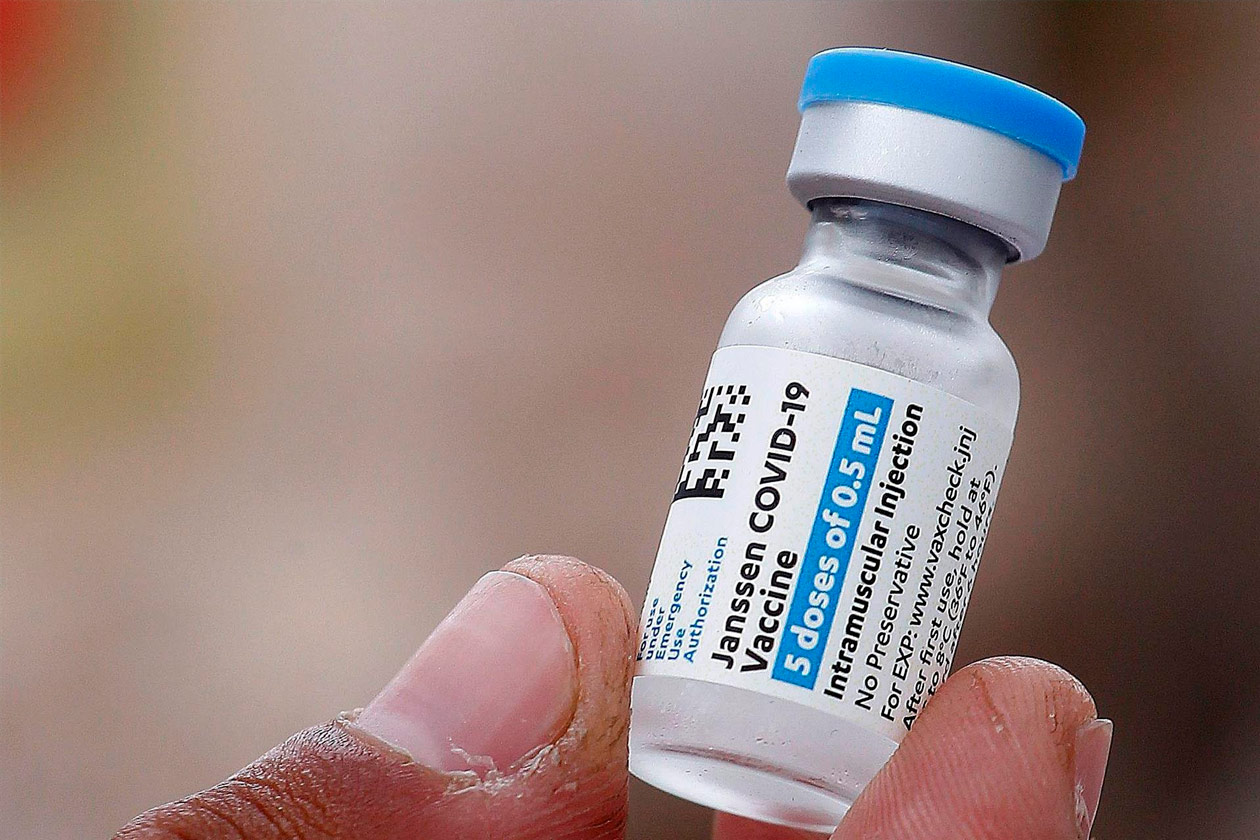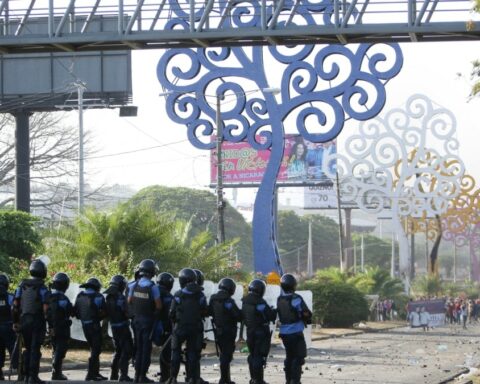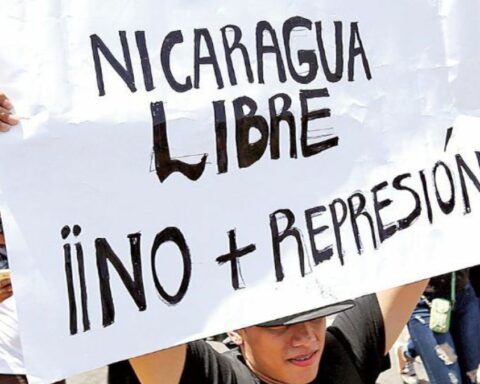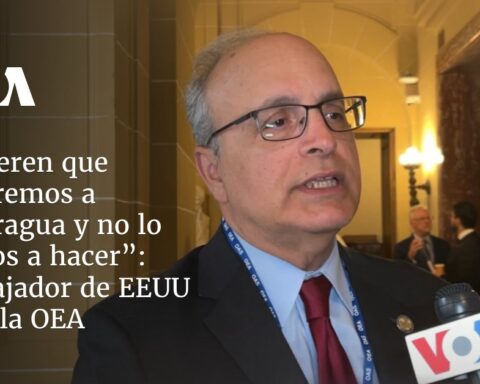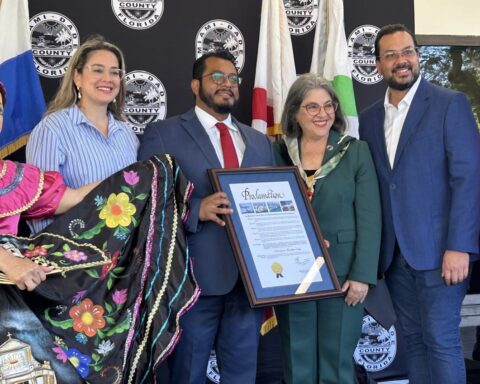The Pan American Health Organization (PAHO) reported this Wednesday that Nicaragua will receive a batch of 993,000 doses of the Janssen vaccine, from Johnson And Johnson, which are part of a donation from Spain channeled through the Covax mechanism.
“When we have the flight and the date, we will immediately notify the country’s authorities so that they can receive it and immediately start using it, as has been done so far,” explained Dr. Jarbas Barbosa, deputy director of PAHO.
Likewise, Barbosa confirmed that Nicaragua will receive vaccines, through the Covax mechanism, until the country manages to immunize at least 70% of the population. During 2021, 4.2 million vaccines were sent to Nicaragua, including: AstraZeneca, Covishield, Sinopharm and Pfizer.
Janssen vaccines have already been applied in Nicaragua, as reported by the Minsa to PAHO, but these were doses administered exclusively to personnel working for the United Nations in the country. These were provided and administered by themselves, as they explained.
As described by the manufacturers, the Janssen vaccine is a single dose and studies indicate that it has an efficacy of 66.9% against symptomatic SAR-CoV-2 infection and 76.7% against severe covid, which rises to a 85.4% after 28 days. It also has 100% efficacy against hospitalizations. Given the appearance of new variants, the application of a booster dose of this vaccine after two months is recommended.
The latest update on vaccination indicates that Nicaragua has already applied 8.1 million doses, with which it managed to vaccinate the 46.85% of the population with two doses and 74.54% with one dose. There is no information on the percentage of the population that has already received the booster dose.
They estimate an increase in infections
PAHO authorities estimate that, in Nicaragua, there will also be an increase in infections similar to that reported in the rest of Central America, which already registers the circulation of the omicron variant of concern.
“It is estimated that this situation will also occur in Nicaragua. In this sense, it is very important that each person contributes to reducing transmission,” said Ciro Ugarte, director of PAHO Health Emergencies.
He also recalled that it is “vital that public health measures, which have been implemented to reduce transmission, continue in Nicaragua to maintain manageable levels of cases.”
However, in Nicaragua the same authorities are the ones who promote contagion. Every weekend they carry out an average of 4,500 massive activities, where basic recommendations such as social distancing and the use of masks are not followed.
According to the latest report on covid-19, released by the Ministry of Health, in the last week there was an 11% increase in infections. The country has already accumulated a total of 18,002 cases and 220 deaths since the confirmation of the first case in March 2020.
Waiting for report on variants
Urgarte reiterated that Nicaragua has the necessary materials to carry out the genomic sequencing of SAR-CoV-2, which will make it possible to identify the variants that circulate in the country. However, he assured that they are waiting for a report on these.
“We trust that soon Nicaragua will be presenting the report that indicates the variants that are circulating in the country. In this sense, we encourage all countries to PAHO member states to share genomic information, this is one of the most important elements to be able to follow the course of the pandemic and to be able to control it as quickly as possible”, he requested. during the press conference on Wednesday.
Likewise, he asked the member countries to disclose the information on the variants through the international health regulation, but also provide the details to the population so that they can take the necessary measures depending on the level of transmission.
Nicaragua has been characterized by hiding information about the pandemic. Last year they identified the circulation of the variants of concern: alpha, beta, gamma and delta. These last two would have been the most predominant, according to a study by the University of Michigan. However, the Minsa has not informed the population about the impact of these.
The Nicaraguans confirmed that these circulated in the country through PAHO, until after the second wave of covid-19 was controlled – which left more than 2,000 deaths in two months according to independent data –, which according to medical opinions was triggered by the delta strain and the Minsa hid.

